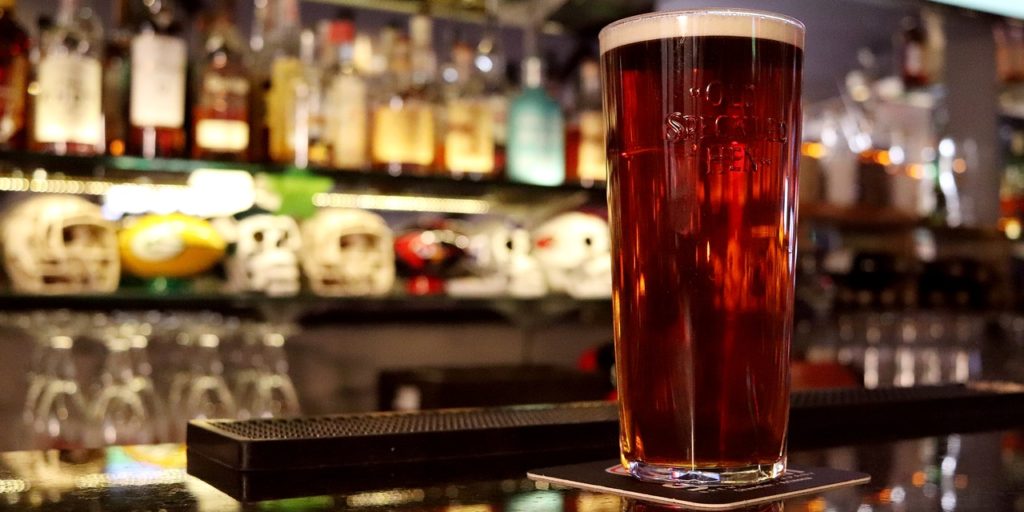- Lifetime licence bans are needed to fight drinking and driving - January 6, 2021
- Tinted windows in automobiles: are they permitted in Ontario? - August 7, 2020
- Recent cycling deaths point to a need to make roads safer - July 27, 2020
Commercial hosts should be held to a higher standard than someone holding a party in their home when it comes to their liability for intoxicated guests, says Ontario personal injury lawyer Patrick Brown.
Brown, a partner with McLeish Orlando LLP, is acting for a motor vehicle accident victim who is suing both the drunk driver who caused the accident and the establishment that served the woman alcohol during a work-related Christmas party attended by almost 400 people.
A judge recently denied the business’s attempt to have the claim against it dismissed by way of summary judgment, and Brown says his client’s case should serve as a warning to other licensees alleged to have breached their duty to monitor alcohol consumption by patrons.
Higher standard
“Many commercial hosts seem to think that they will be held to the same standards as social hosts, but the court has said ‘no,’” Brown says. “Commercial hosts will rightly be held to a higher standard, which includes monitoring the amount people drink, as well as making sure staff are checking whether patrons are intoxicated when they leave the premises.
“You can’t just say it’s impossible to control because it’s such a big party — it’s your responsibility as a commercial host, and you could be held liable,” he adds.
According to the decision, Brown’s client suffered a traumatic brain injury in a 2012 crash caused by an employee of a major insurance company whose blood alcohol level was two or three times the legal limit at the time of the accident after leaving an office Christmas party.
In addition to the driver, the plaintiff sued the convention centre that hosted the function, alleging it was negligent in the performance of its duty of care as a commercial host.
400 guests
The decision says the establishment hired 30 Smart-Serve trained staff for between 350 and 400 guests, with two bottles of wine set up for each table of eight or 10 guests. Party attendees were also given two drink tickets and were able to buy more if they wished.
The insurance company moved to dismiss the claim against it on a summary basis, arguing that its staff could not have been expected to notice the woman’s intoxication when none of her colleagues could remember any sign she was drunk.
In any case, its duty of care was met by having a Smart-Serve protocol in place and advertising alternative transportation visibly at exits, the firm claimed.
On behalf of the plaintiff, Brown argued that a jury should decide whether the convention centre had met its duty, pointing to the alleged lack of a drink-counting system and testimony by another attendee who claimed no staff were at the door checking people for intoxication as they left the party.
And the judge agreed, dismissing the motion for summary judgment with costs.
“Based on the evidence produced on this motion the court is unable to conclude whether or not staff members were at the exits so that they could assess the sobriety of patrons when they were leaving so they could intervene if they thought it necessary,” he wrote. “A jury is well able to decide whether [the convention centre] met its duty of care related to how they served alcohol and tracked the consumption of individual patrons.”

